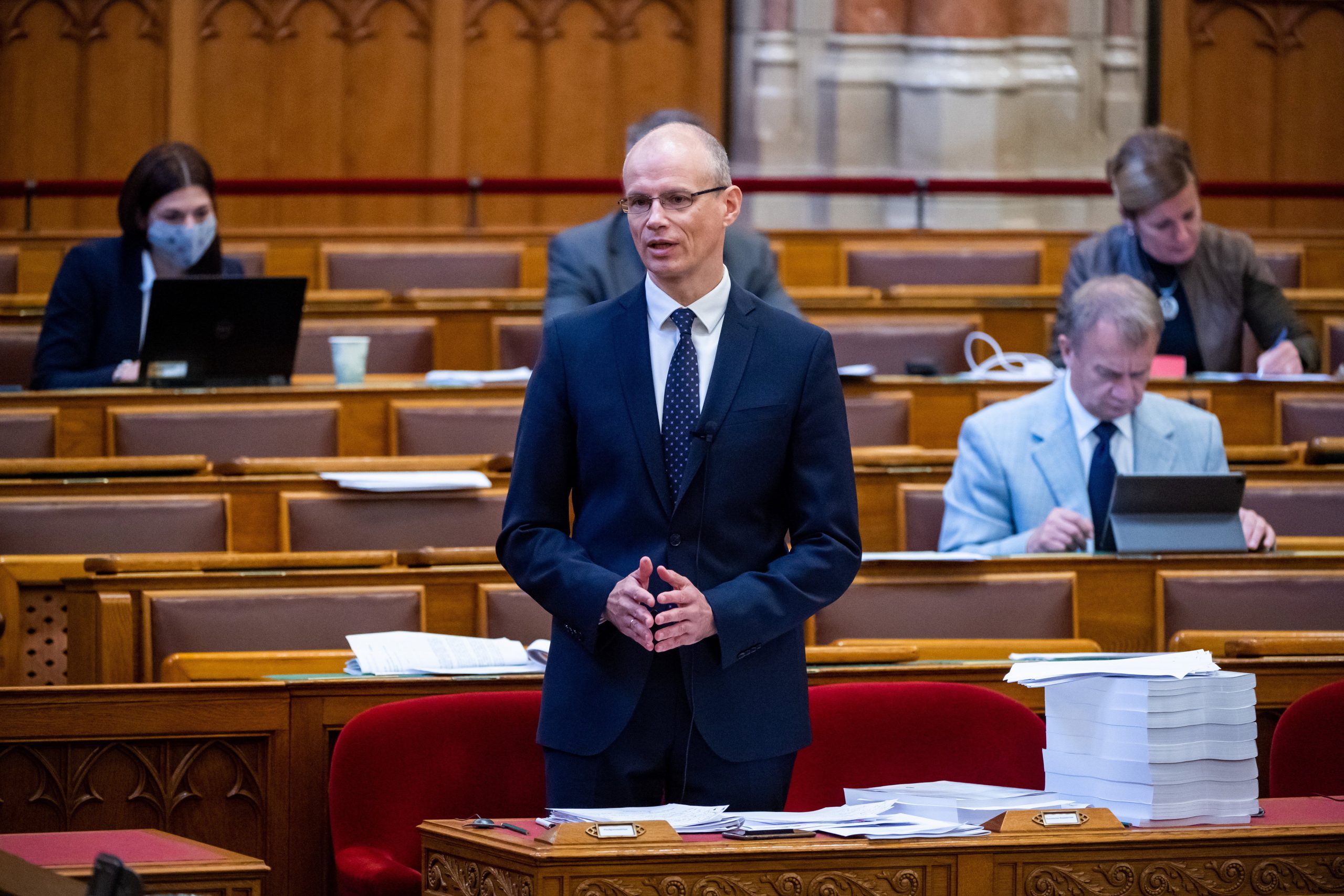
The draft submitted has some shortcomings, so there are still many questions, but based on what is known so far, we can already learn things about next year's budget, Portfolio reports.Continue reading

The draft budget the government submitted to parliament on Tuesday includes a 670 billion forint (EUR 1.7bn) fund aimed at protecting Hungarians from gas and electricity price increases, Péter Benő Banai, state secretary from the finance ministry, told commercial Hír TV late on Wednesday.
In response to the war in neighboring Ukraine, defense spending will be raised to 2 percent of GDP in 2023, in compliance with Hungary’s NATO commitments, Banai said.
According to the draft budget, family allowances will come to 3,225 billion forints in 2023, 450 billion higher than this year, he said.
Banai said local governments will be facing utility price increases as the utility price caps will be scrapped for companies and municipalities in next year’s budget. At the same time, they will also see increased revenues to the tune of 100 billion forints as the business tax cuts for SMEs will also be lifted, he said.
In the banking sector, hundreds of billions of forints of unplanned profits were realized because during the epidemic families and businesses had access to a lot of extra funds that remained in the financial system, while inflation and the base rate also increased, he pointed out. The government is asking the sector to pay part of the extra revenue to cover public expenditure, he added.
Banai also pointed out that oil and gas extraction is also taking place in Hungary, albeit on a small scale, and its profitability has also increased significantly, part of which is being channeled into utility subsidies.
The draft budget was prepared in consideration of the effects of the war in Ukraine, the State Secretary noted. The government expects growth to be around four percent while high energy prices and interest rates continue to weigh on the economy, he said. The budget is creating a 170 billion forint (EUR 0.43 bn) reserve to “cushion against unforeseen developments,” he added.
Featured photo by Zoltán Balogh/MTI